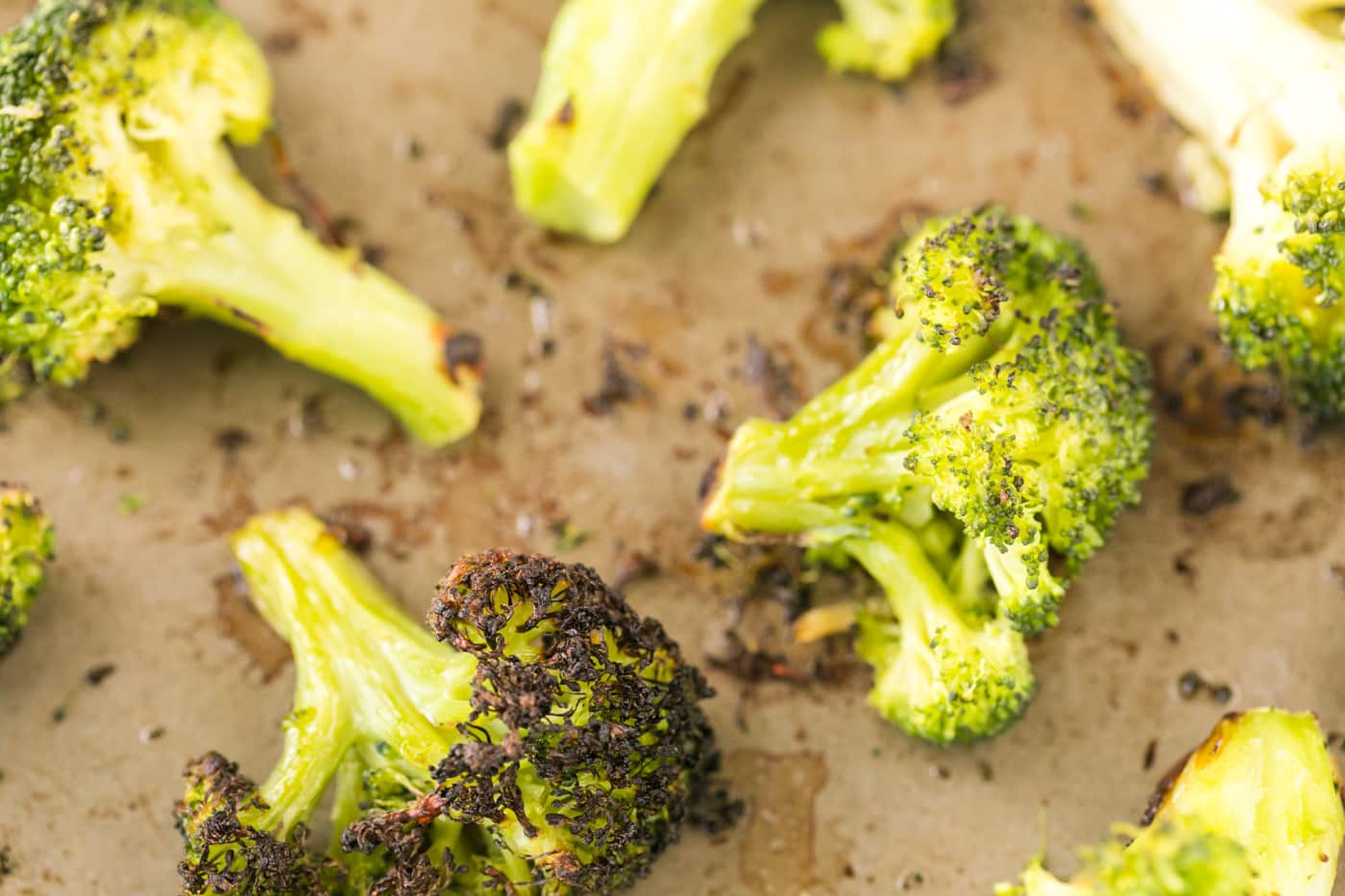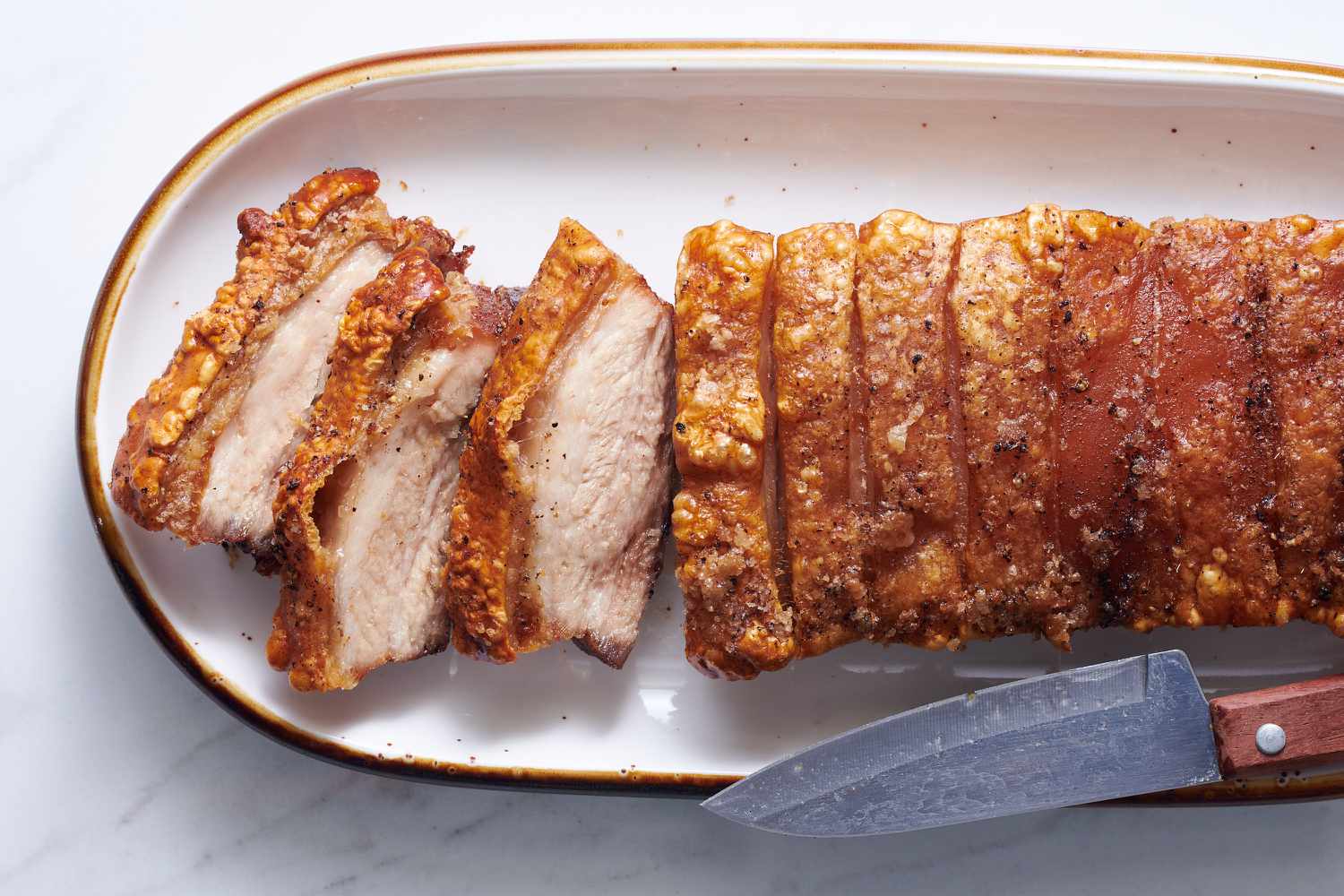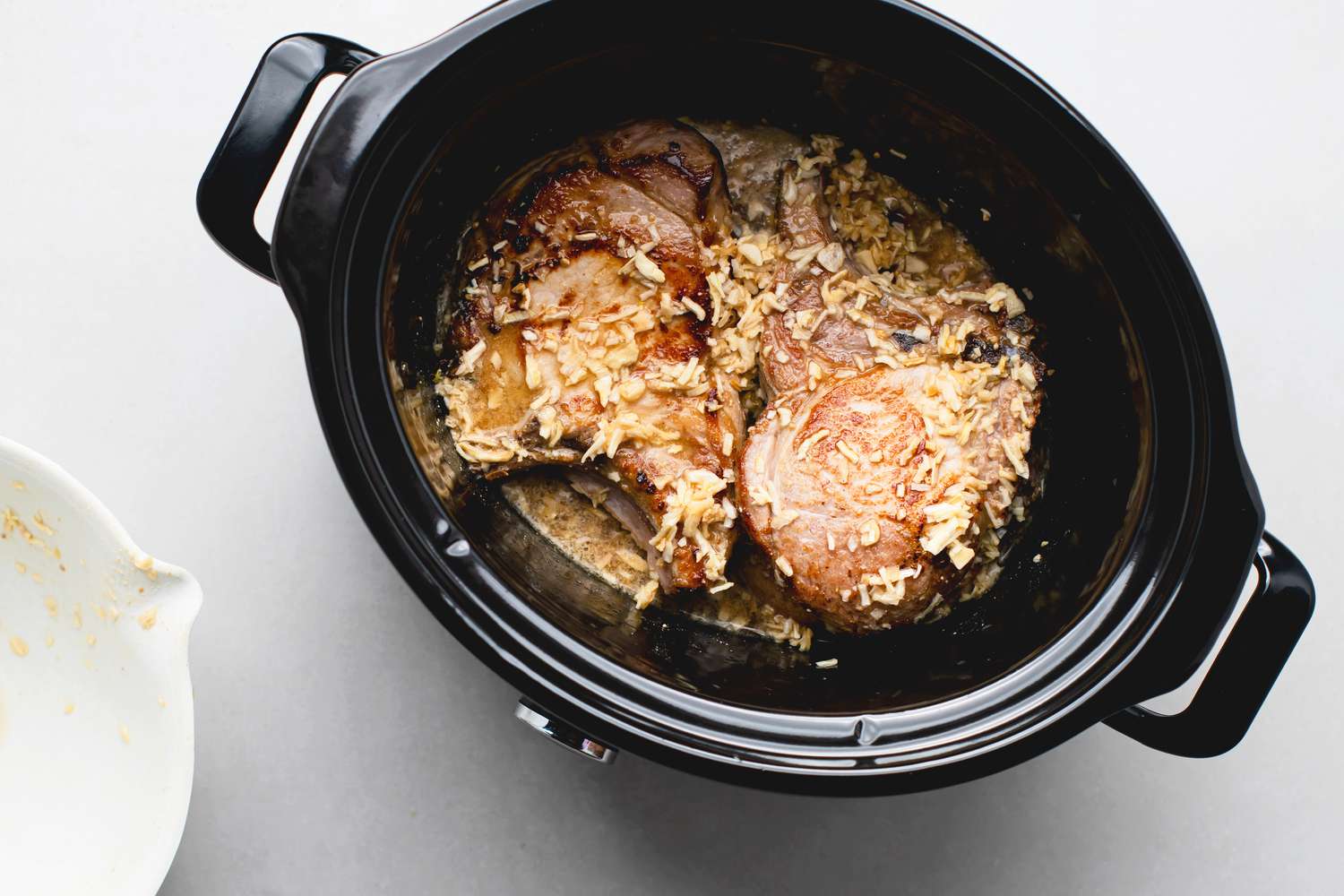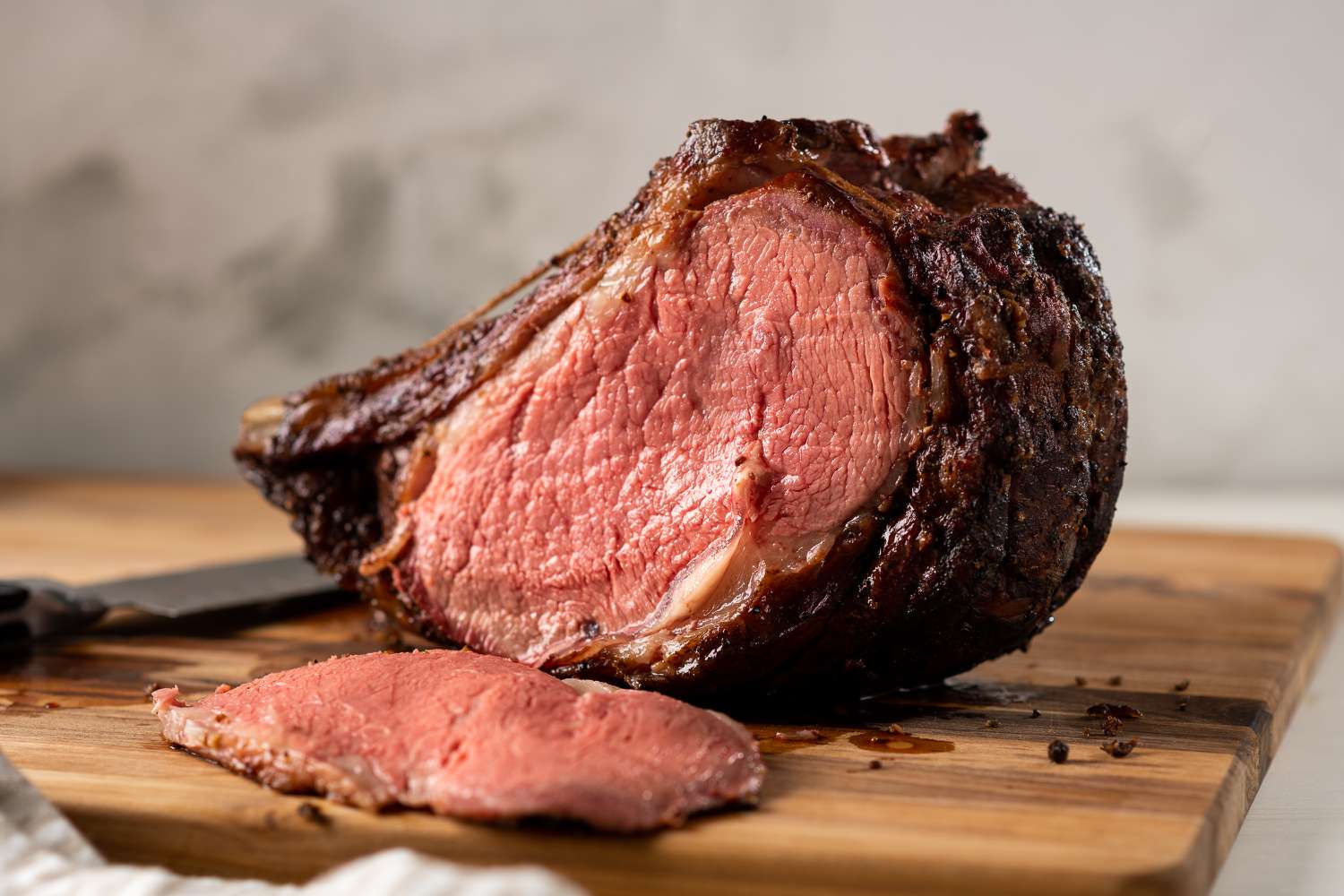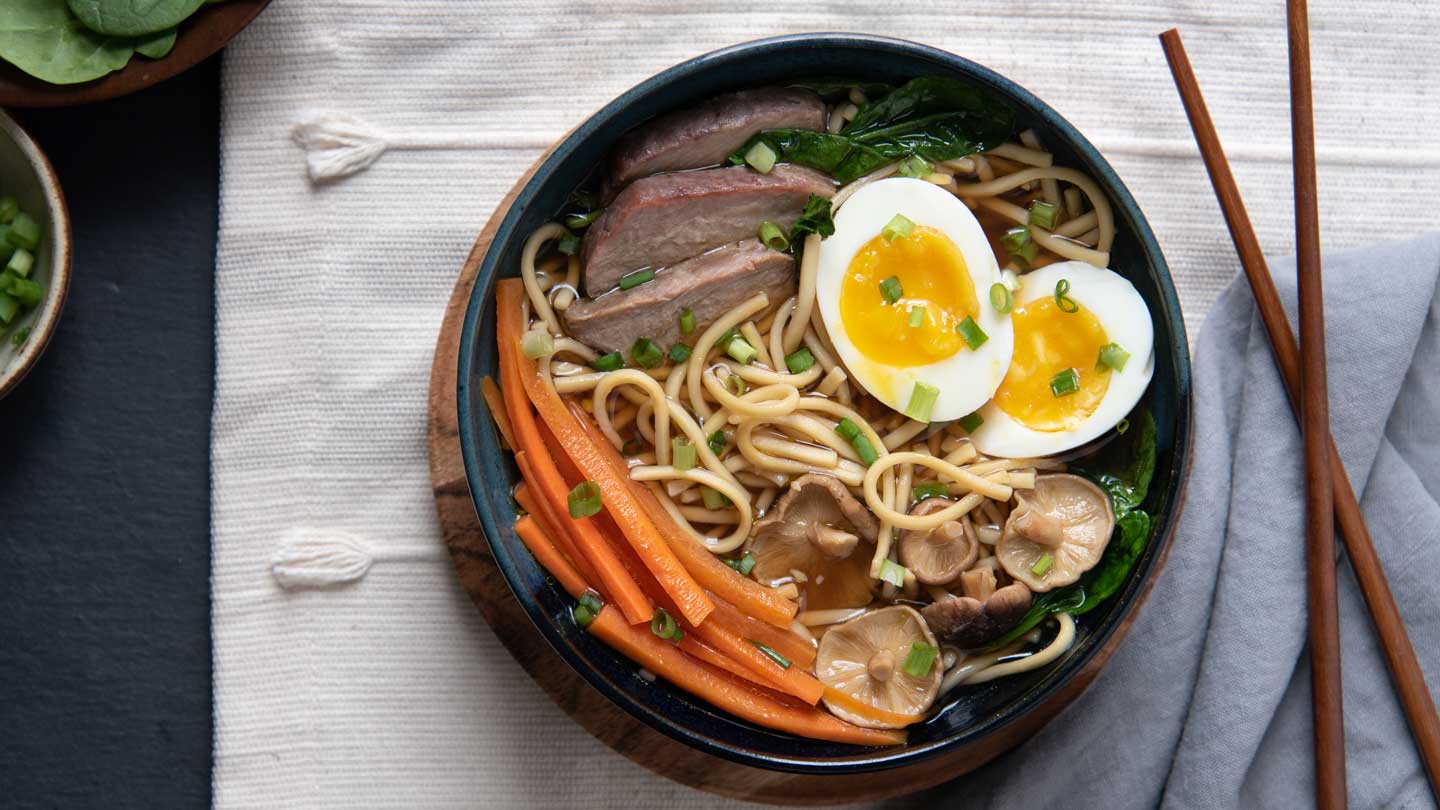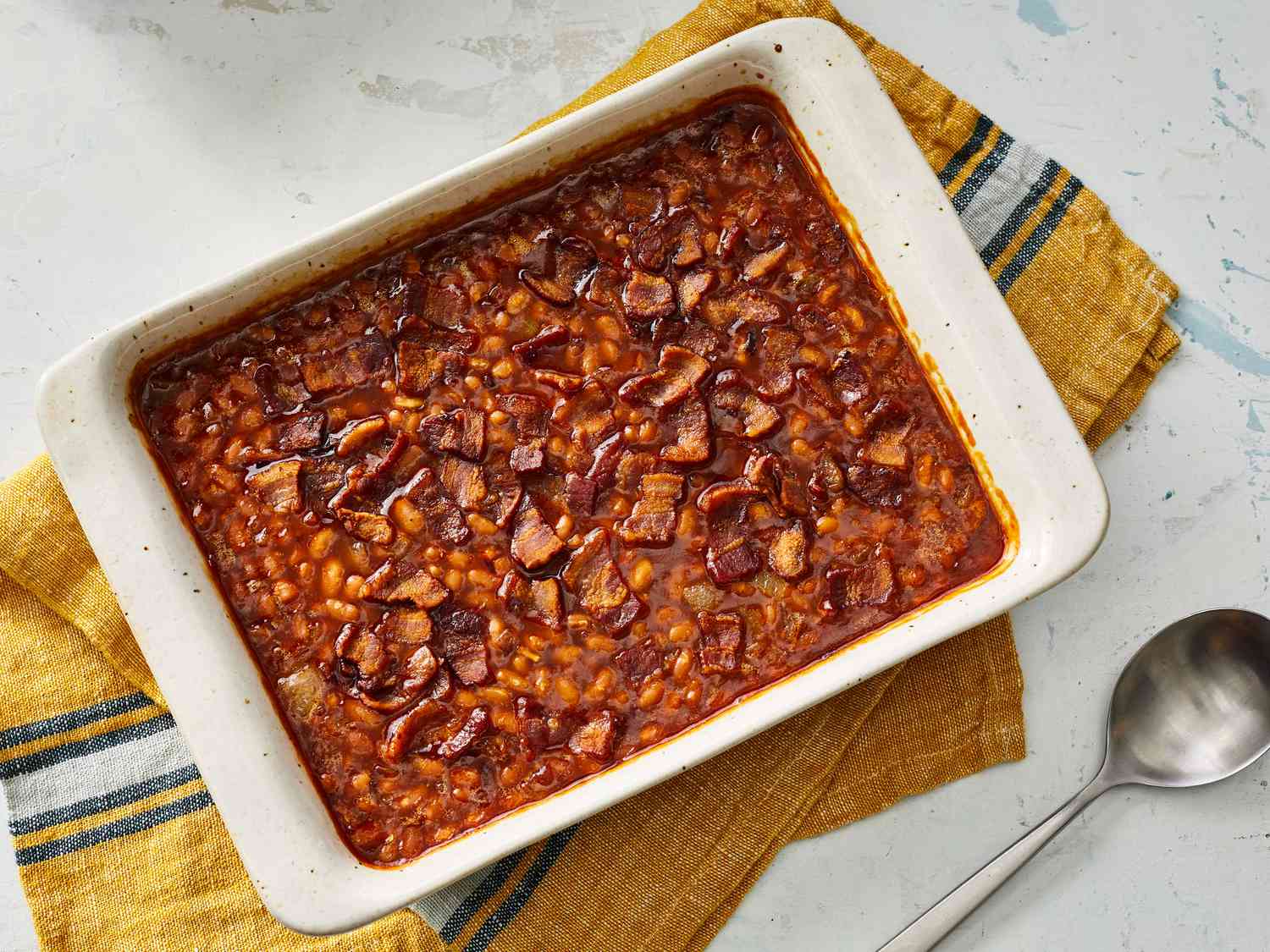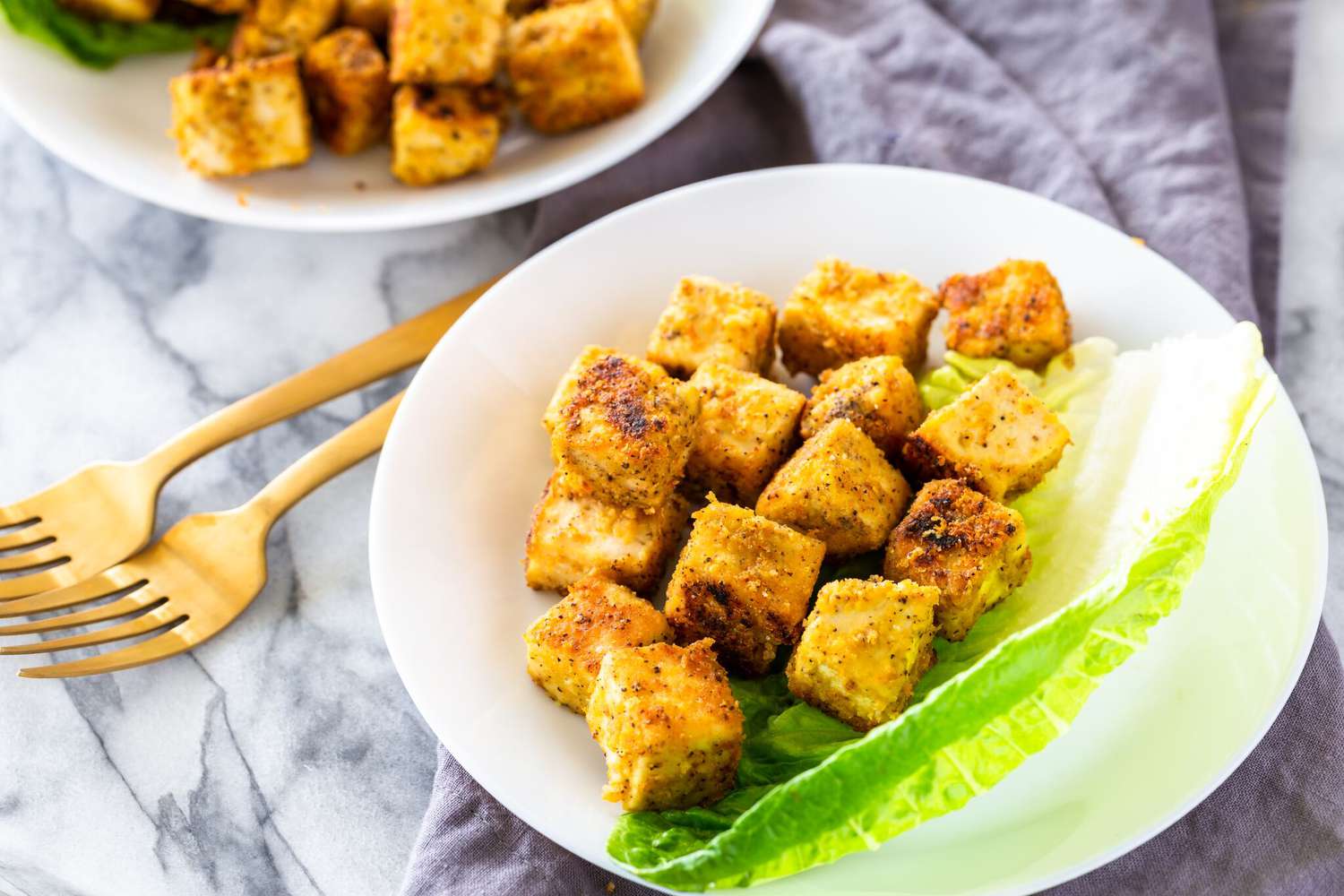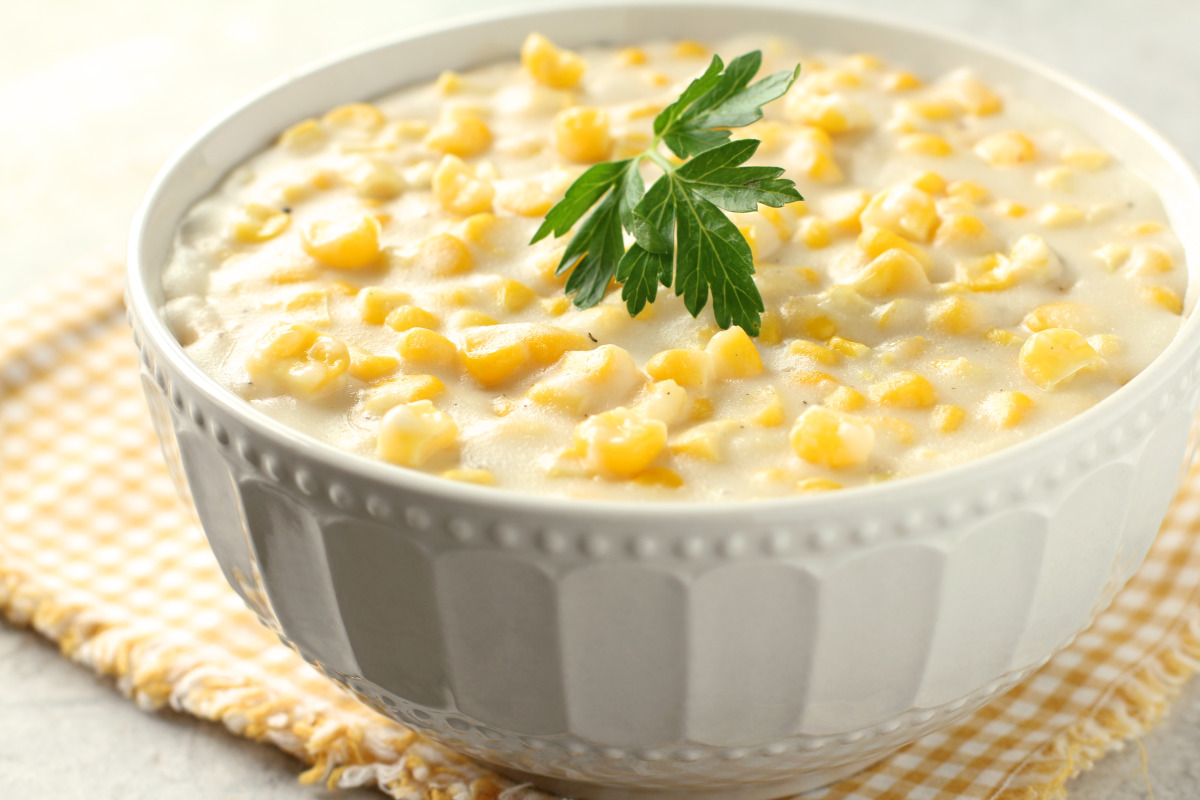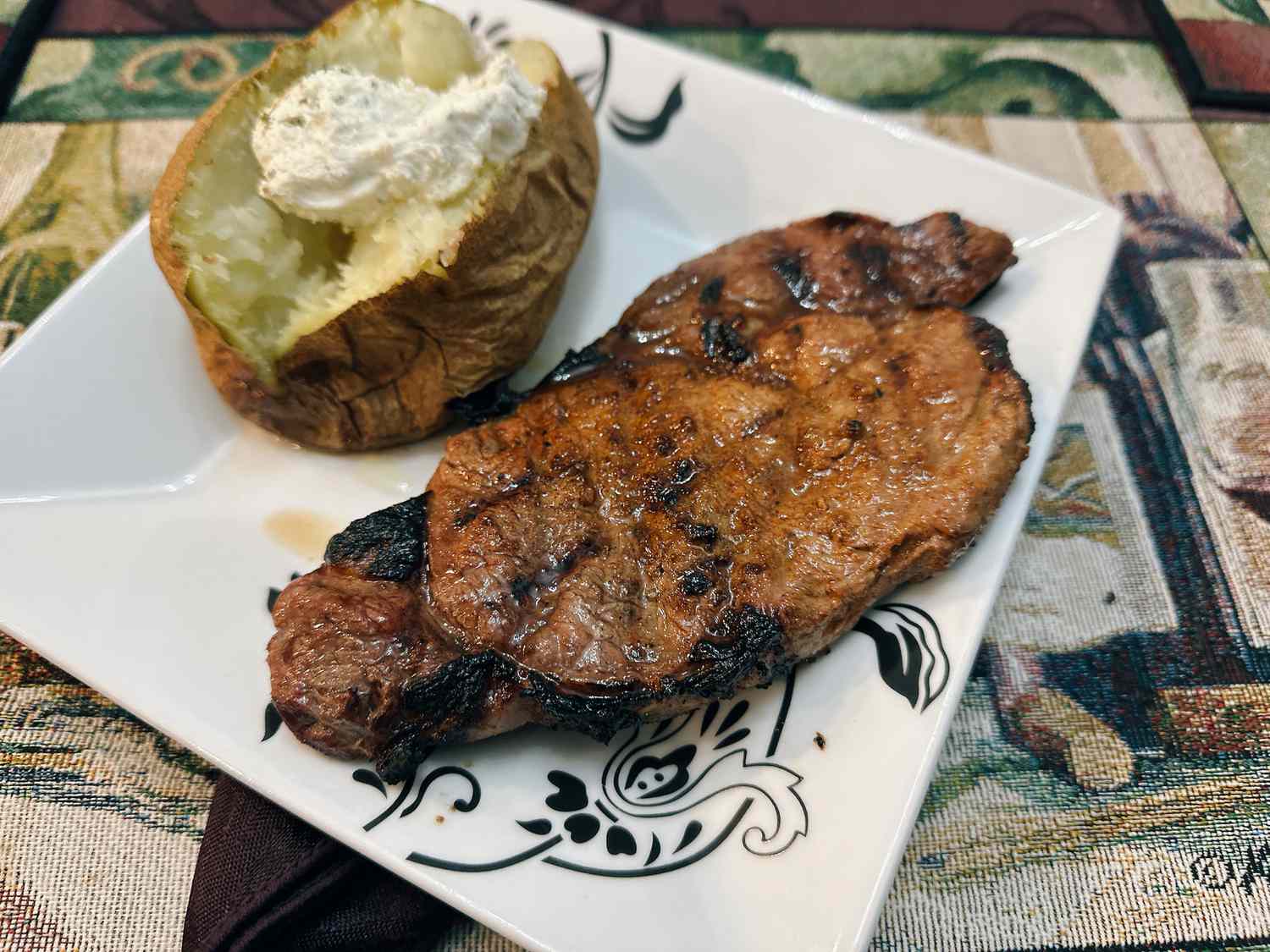How To Eat To Feel More Energetic: Healthy Diet Plan
Are you tired of feeling sluggish and tired all the time? It’s time to take control of your energy levels by adopting a healthy diet plan. The food we consume plays a crucial role in how we feel throughout the day. By making some simple yet effective changes to our eating habits, we can boost our energy levels and feel more energetic. Here’s how:
1. Start Your Day with a Nutritious Breakfast
The old saying holds true: breakfast is the most important meal of the day. Kickstart your day by fueling your body with a nutrient-packed breakfast. Include foods such as whole grains, fruits, yogurt, and eggs. These foods provide a steady release of energy and keep you feeling full and focused until lunchtime.
2. Incorporate Energy-Boosting Foods
Not all foods are created equal when it comes to energy levels. Include foods that are high in complex carbohydrates, lean proteins, and healthy fats in your diet. Complex carbohydrates like whole grains, sweet potatoes, and legumes provide a sustained release of energy. Lean proteins such as chicken, fish, and tofu keep you feeling full and help maintain muscle mass. Healthy fats like avocados, nuts, and olive oil provide a steady source of energy.
3. Stay Hydrated
Dehydration can lead to fatigue and low energy levels. Make sure to drink enough water throughout the day to stay hydrated. Aim for at least eight glasses of water a day. You can also include herbal teas and fresh fruit juices to keep yourself hydrated.
4. Don’t Skip Meals
Skipping meals is a big no-no if you want to maintain consistent energy levels. Eating regular, balanced meals helps stabilize blood sugar levels and provides a steady source of energy. Make sure to include snacks between meals, such as nuts, fruits, or yogurt, to keep your energy levels up.
5. Limit Sugar and Processed Foods
While it may be tempting to reach for sugary snacks or processed foods when you’re feeling low on energy, these foods can actually have the opposite effect. They provide a quick energy boost, followed by a crash, leaving you feeling even more tired. Opt for whole, unprocessed foods instead, which provide sustained energy without the energy crash.
6. Eat Regularly Throughout the Day
Eating smaller, frequent meals can help maintain stable blood sugar levels and prevent energy dips. Aim to eat every three to four hours to keep your energy levels consistent. Include a variety of foods in your meals to ensure you’re getting a good balance of nutrients.
7. Get Your Vitamins and Minerals
Vitamins and minerals play a crucial role in energy production. Make sure to include a variety of fruits, vegetables, and whole grains in your diet to get a wide range of essential nutrients. Consider adding supplements if you feel you’re not meeting your daily requirements.
8. Stay Active
Regular physical activity not only improves your overall health but also helps boost your energy levels. Engage in activities you enjoy, whether it’s walking, swimming, or dancing. Aim for at least 30 minutes of moderate exercise most days of the week.
By following these simple tips and adopting a healthy diet plan, you can say goodbye to fatigue and welcome a more energetic and vibrant you. Remember, the food you eat has a direct impact on how you feel, so choose wisely and fuel your body for optimal energy levels!
Was this page helpful?
Read Next: How To Prepare Squash
